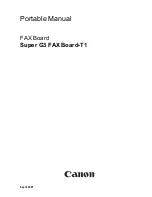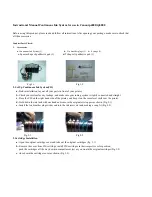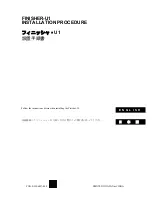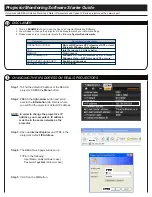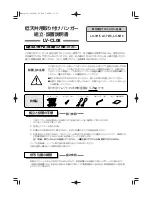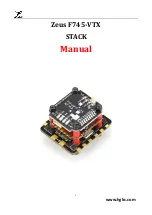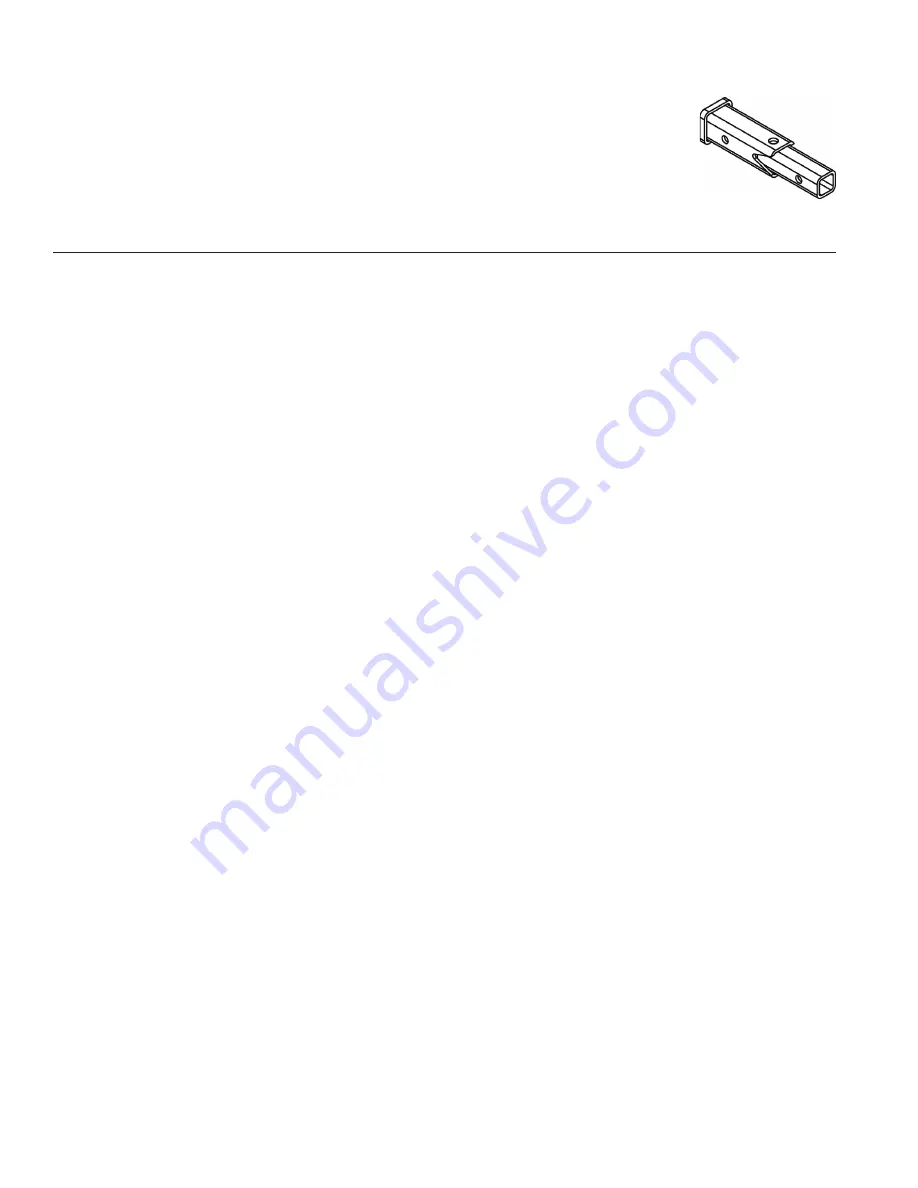
2
you must attach a hitch exten-
sion to the motorhome hitch re-
ceiver in order to use the Tow
Defender. This will extend the
distance between the motor-
home and the Tow Defender.
We recommend our 7½" ex-
tension (part number 071-75, pictured above) for
this purpose.
Redirecting the exhaust at any angle may be inef-
fective, as far as avoiding damage to the Tow Defender
fabric — the exhaust would still be carried back and over
(or under) the fabric.
3.
Heat from the generator exhaust could potentially
damage the fabric — the generator may run when the mo-
torhome is stationary, and the heat may not be dissipated
as quickly as it would be if the motorhome was moving.
Similarly, if the motorhome is stationary for an extend-
ed period, with the engine idling, the Tow Defender fabric
can be damaged by heat from the engine exhaust.
4.
Additionally, heat from recessed exhausts (for the
furnace and/or water heater) could conceivably cause
damage, if they were close enough to the fabric.
5.
Heat from the exhaust of other systems, which
ROADMASTER is presently unaware of, may also cause
damage.
CAUTION
The mesh fabric may be warped or otherwise
damaged by the heat from exhausts at the rear of
the motorhome. Do not attach the Tow Defender
so that the mesh fabric is in close proximity to the
engine exhaust pipe.
If the exhaust is located directly below the Tow
Defender, install a ‘turn down’ extension (sold sepa-
rately) on the engine exhaust (according to the manu-
facturer’s recommendations), to redirect the exhaust
away from the fabric. The Tow Defender fabric may be
warped or otherwise damaged if a turn down exten-
sion is not installed, or if other exhausts which cannot
be redirected (recessed exhausts, or exhausts from
“hydronic” heating systems) are in close proximity to
the fabric.
Under what conditions
could heat from exhaust pipes
damage the Tow Defender fabric?
1.
Heat from the engine exhaust could potentially dam-
age the fabric — the temperature at the engine exhaust
pipe can be over 1,000
°
Fahrenheit, under certain condi-
tions.
Install a “turn down” extension, as instructed above,
if the engine exhaust pipe is directly below the Tow De-
fender.
2.
Heat from a “hydronic” heating system exhaust will
damage the fabric, if it is directed out the rear of the mo-
torhome, in close proximity to the fabric — the temperature
at the exhaust pipe may be between 500
°
and 600
°
Fahr-
enheit.
Many of these systems vent the exhaust at the side
of the motorhome. Side-vent exhaust will not damage the
Tow Defender fabric — only exhaust which is vented at the
back of the motorhome could potentially damage the fabric.
Some manufacturers stipulate that hydronic system
exhausts at the rear of the motorhome be directed straight
back (horizontal to the road). The exhaust cannot be
directed down, or a fire may result when the motorhome
is parked in dry, grassy areas, according to these manu-
facturers.
Redirecting the exhaust may void the manufacturer’s
warranty — several manufacturers stipulate a maximum of
two 90
°
bends over the entire length of the exhaust pipe
— more than two 90
°
bends may cause back pressure to
destroy the exhaust pipe or force the exhaust back into
the heating system.
Some motorhome chassis have such a tight turn-
ing radius that the Tow Defender may contact and
cause damage to the motorhome or towed vehicle
during sharp turns. For this reason, check the mo-
torhome turning radius before using the Tow De-
fender for the first time — in an empty parking lot,
attach the Tow Defender, then have someone watch
as you slowly turn the motorhome sharply.
If the Tow Defender is too near the motorhome,
7½" hitch extension
(part number
071-75)
CAUTION — A hitch extension may be required.
Содержание TOW DEFENDER 4800
Страница 8: ...Advertisement...









